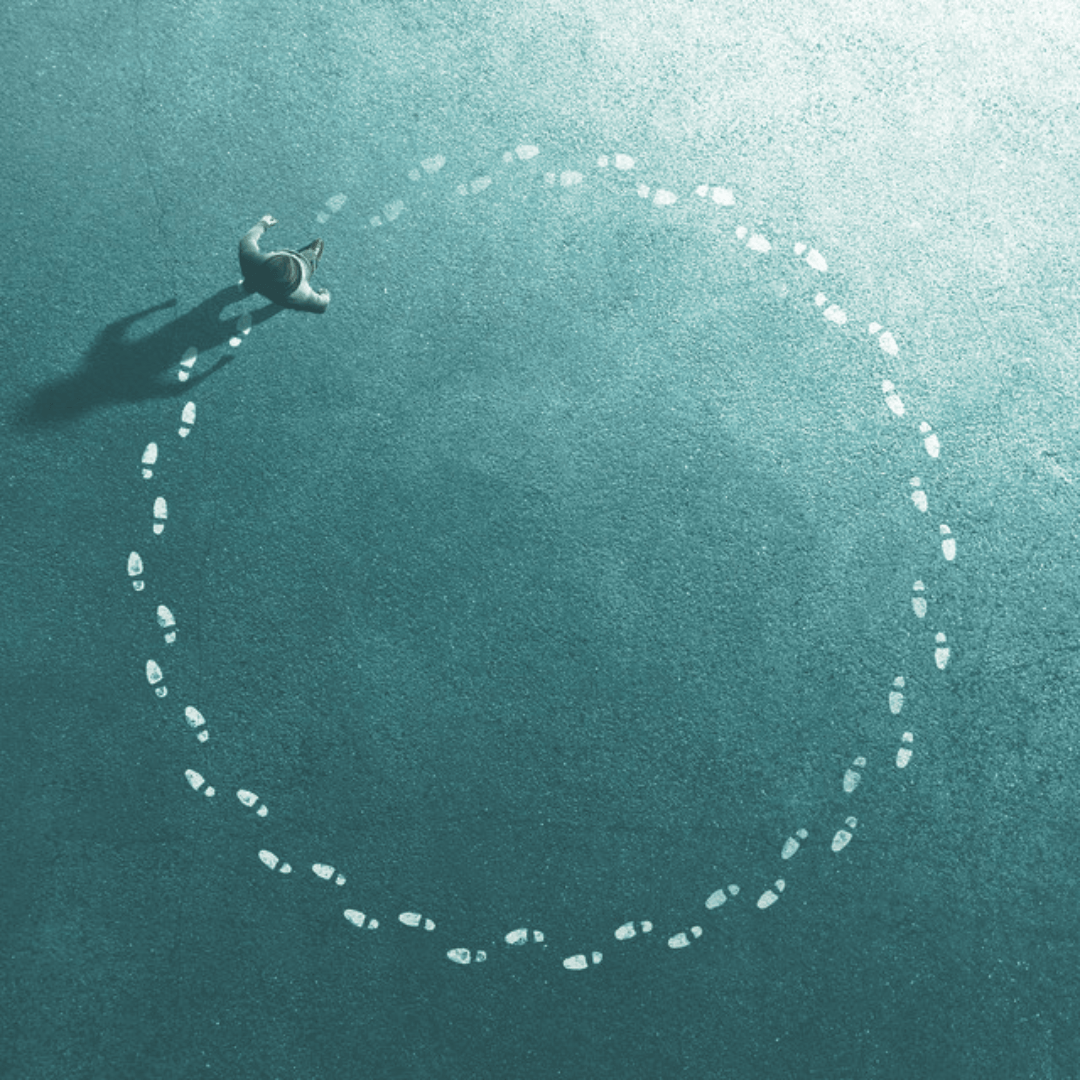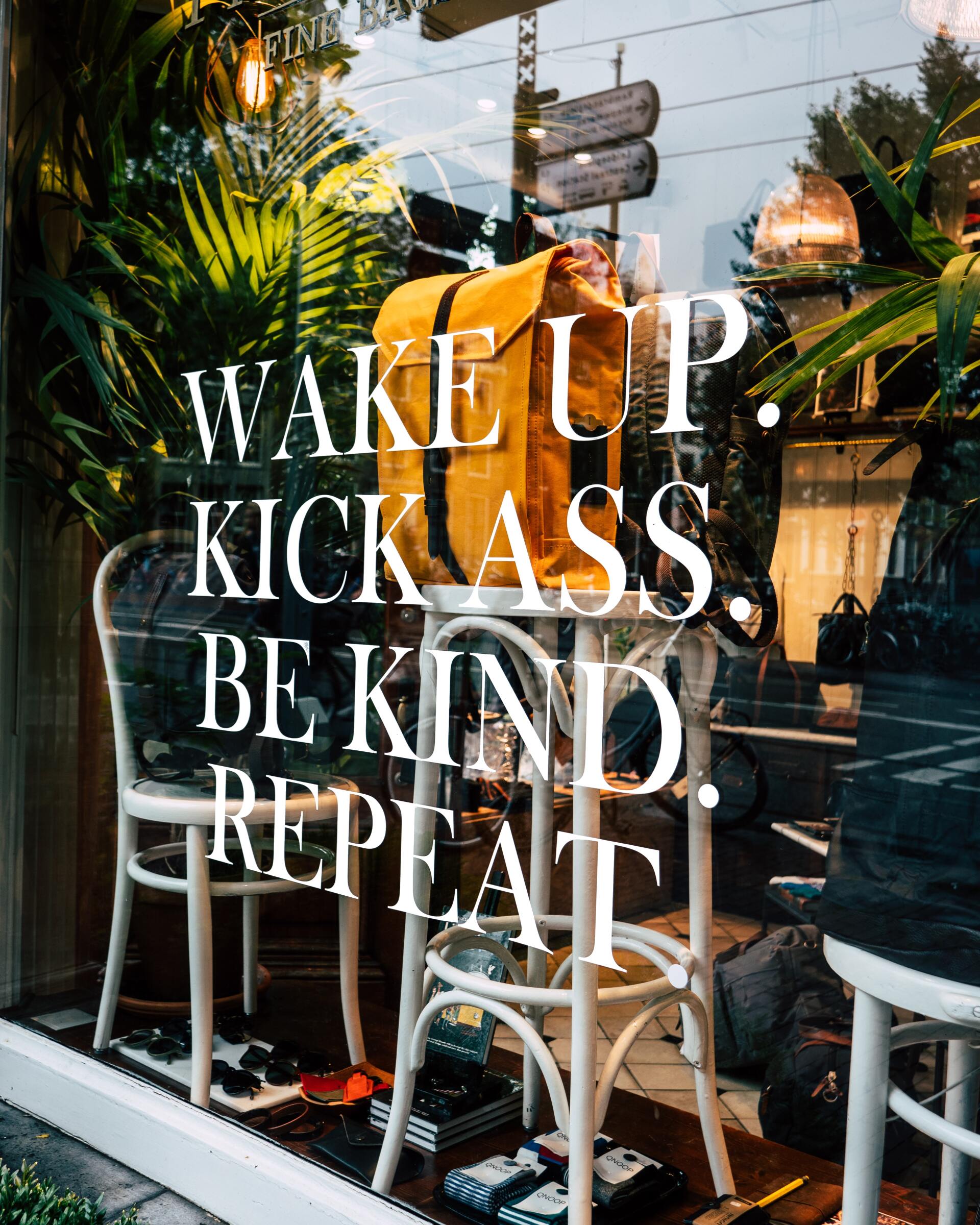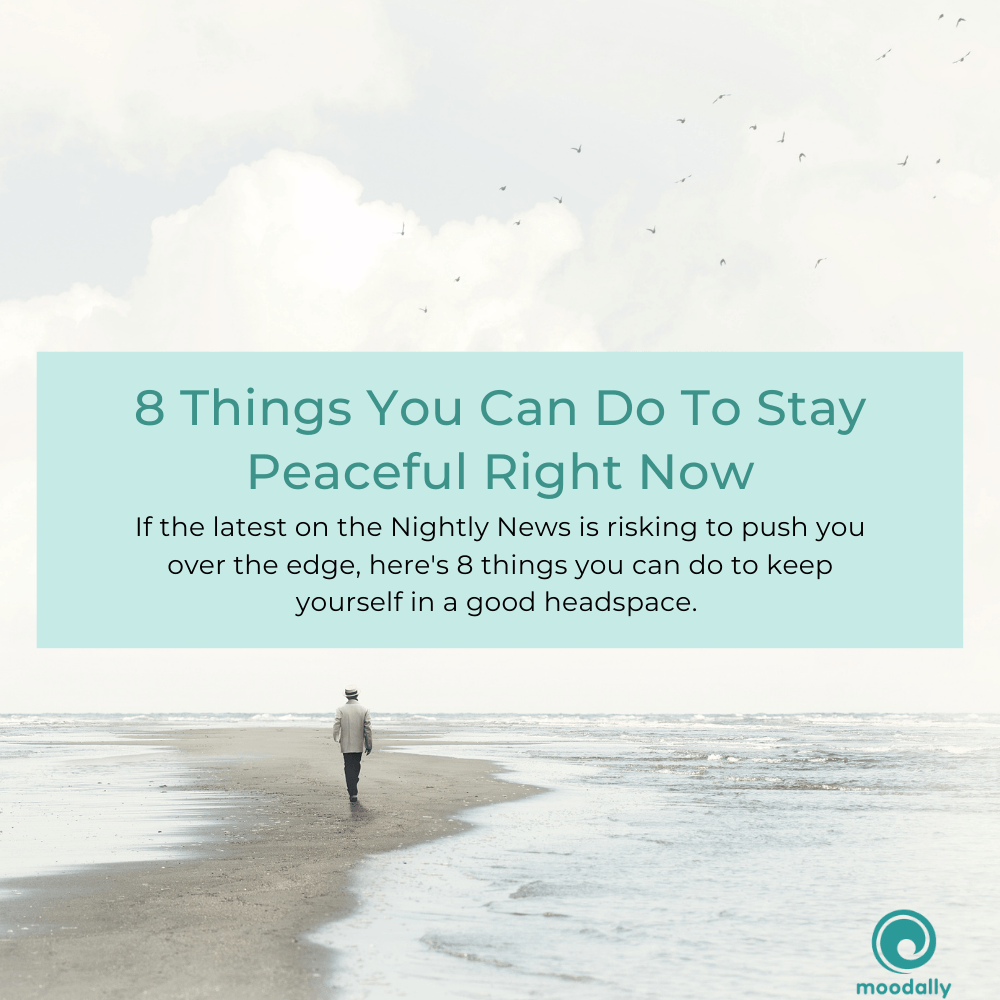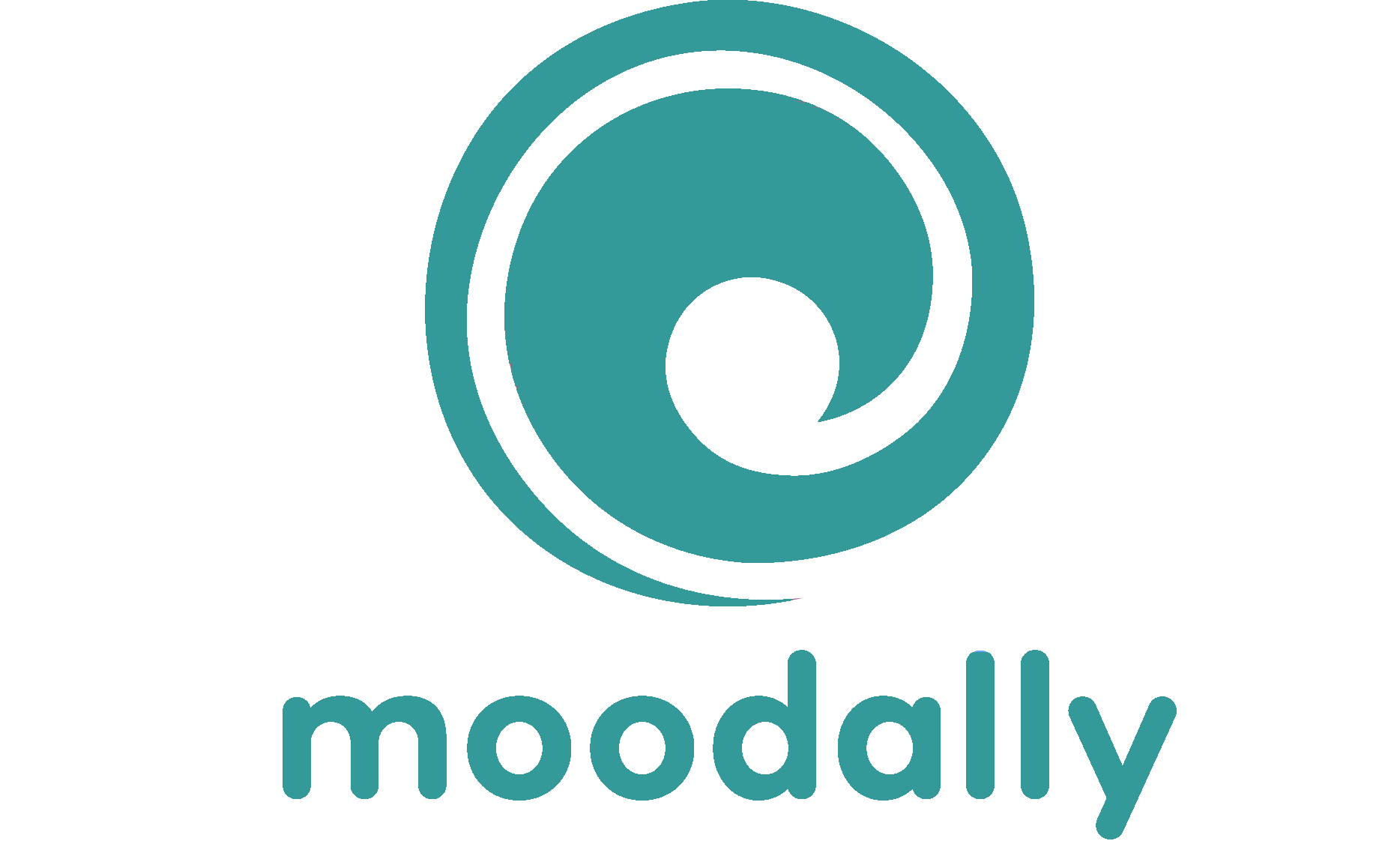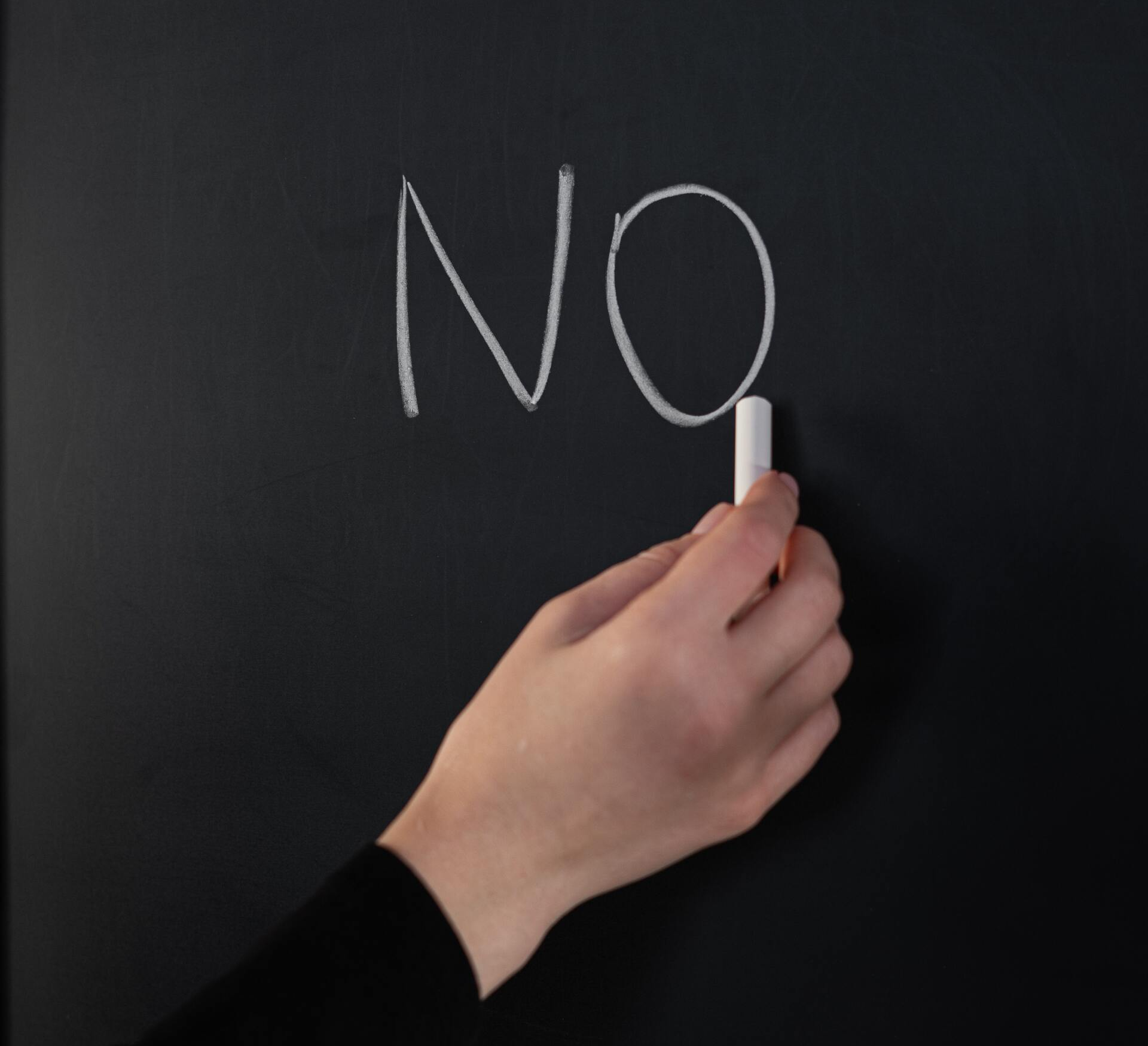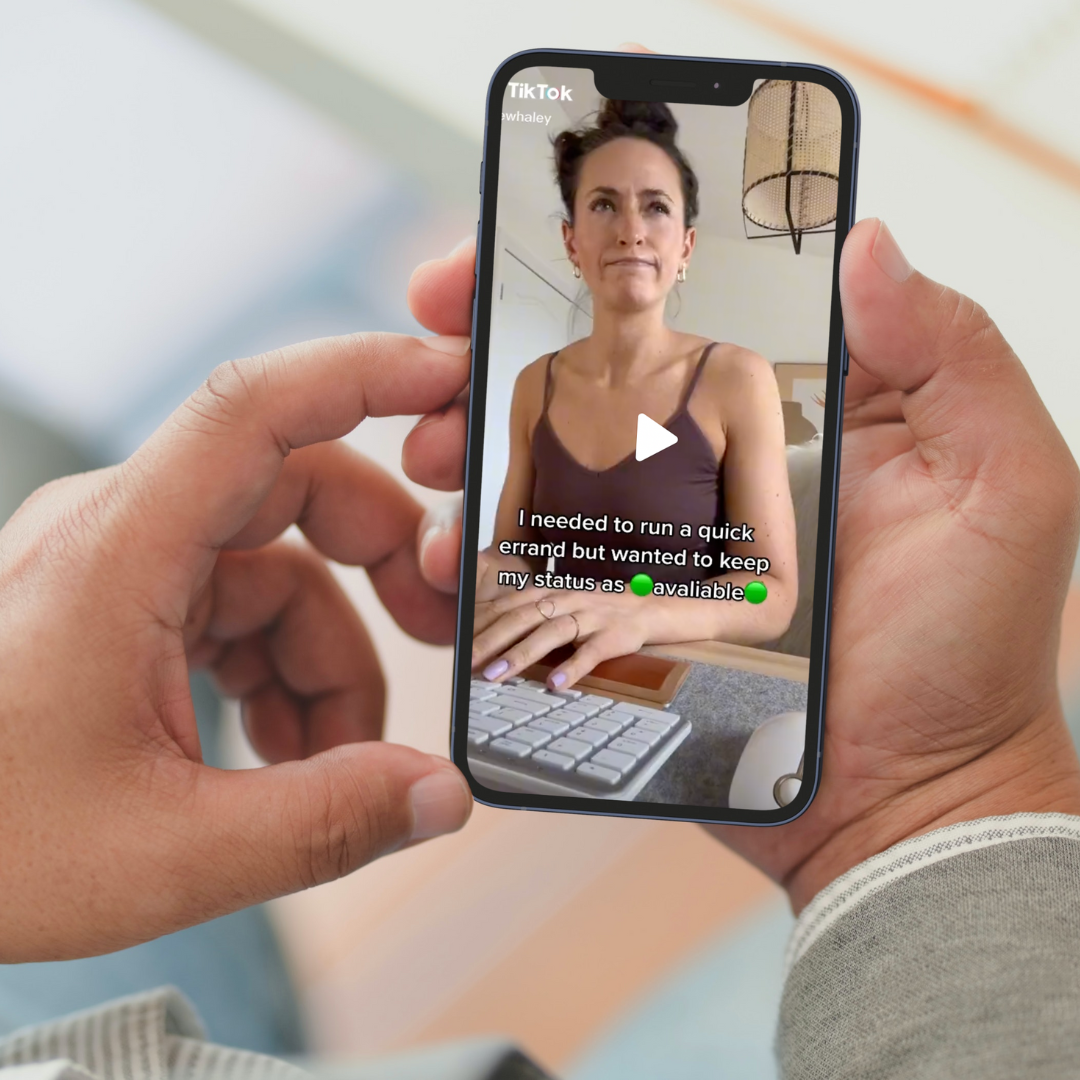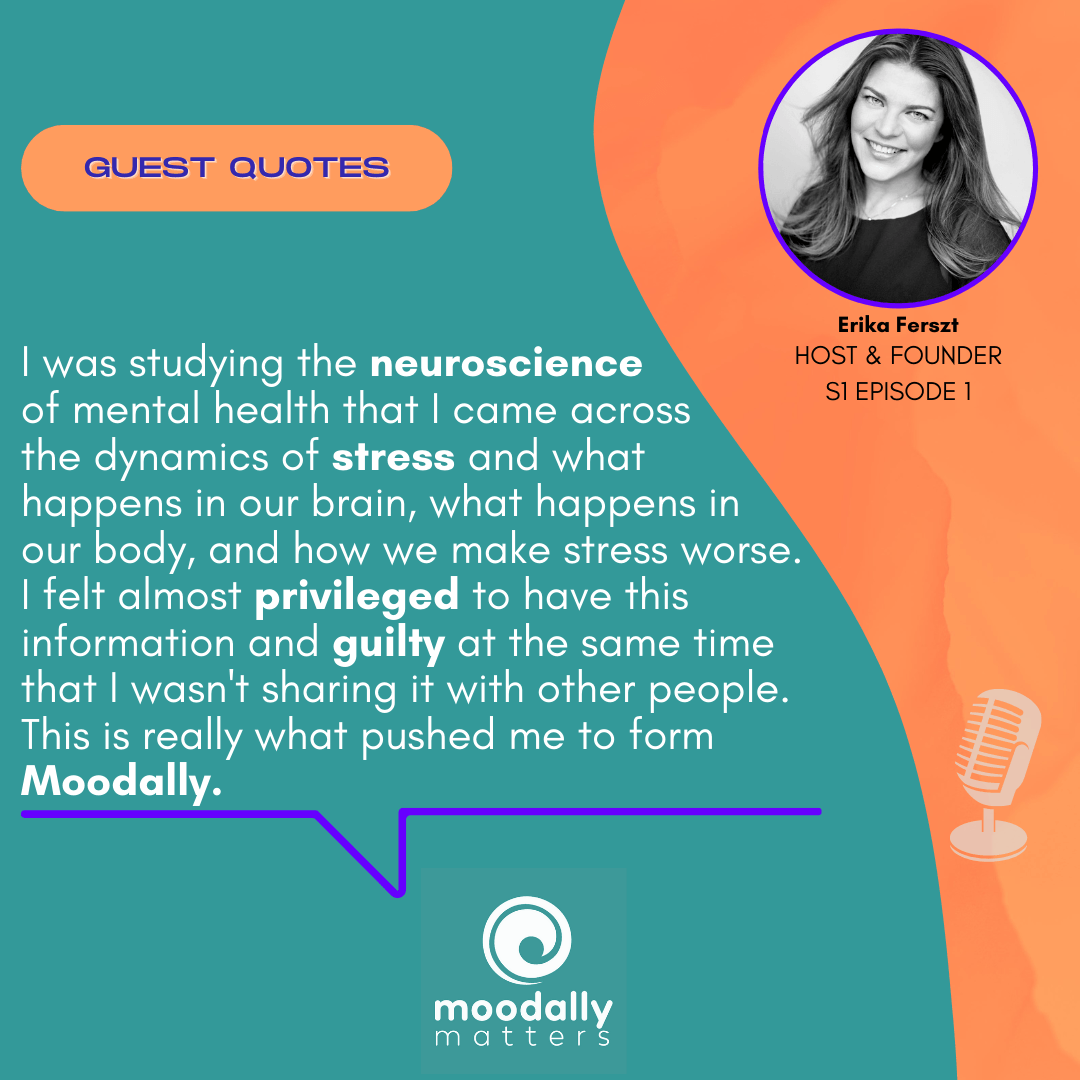There's a rise in employee anxiety, here's what you need to know.
We're currently living in a time that's been dubbed “the Continuous Traumatic Stressors Era” and it's probably taking more of a toll on your employees than you might be aware of.
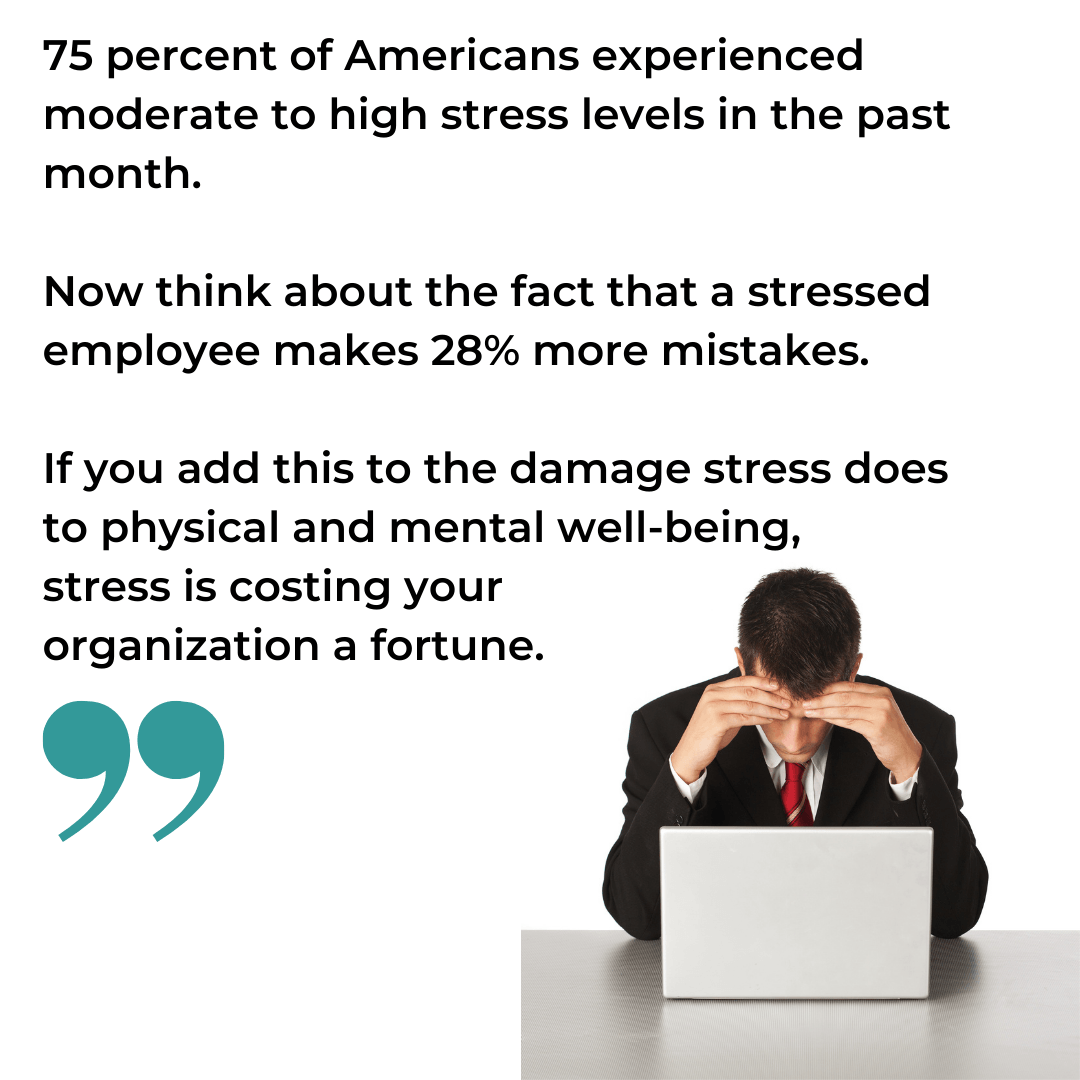
The challenge in my job is that sometimes people don’t believe something is a problem unless they can see it. This is one of the reasons that stress is called the silent killer because the problems it causes are hiding in plain sight every day, so we don’t think they’re there. It’s not in my nature to be a doomsdayer but I wouldn’t be doing my job if I didn’t sound a great big alarm for the well-being of your employees right now.
There’s a couple of phrases/concepts that I’d like to start with.
The first is
chronic stress. This is when we are exposed, on a consistent basis, to a series of events or triggers that activate our stress response. These can be worrying about financial stability, getting stuck in traffic, having a fight with our partner, or someone stealing the last bagel that we wanted at Starbuck’s. Our body’s stress response doesn’t discriminate between something serious or less important. It reacts to everything that we classify as stressful in the same way. This is why stress is so dangerous because it’s so pervasive and easy to trigger. It’s also why current estimates suggest that stress-related problems are responsible for 80% of doctors visits.
The second is PTSD. We’ve all heard of PTSD and we often associate it with a specific traumatic event: a death in the family, an accident, a violent event. Of course the thing with PTSD is that how badly we suffer from it depends on a lot of variables: how emotionally resilient are we, what kind of support system we have around us, do we have good emotional regulation tools, how we treat our bodies, our early childhood experiences etc. How someone reacts to one situation can be very different than someone else. A divorce in the family can cause PTSD for one person and for another person it can only leave a light scar. There is no common measure for how we react.
Interestingly, a 2013 fMRI study on the brain (Blix, Perski, Berglund, & Savic, 2013) found that chronic stress had the same effects on the brain as people who had suffered from PTSD. Symptoms included actual shrinking in size of numerous areas of the brain as well as a dysfunction of serotonin receptors (Jovanovic, Perski, Berglund & Savic, 2011). This leads to fewer connections between neurons, which affects the systems that take information from the brain to other parts of the body. As such, one of the great impacts is a reduced ability to process the hormone that regulates sleep and mood. If this sounds serious and not great - you’re right.
And finally
continuous traumatic stress. Chronic stress as we saw above can come from stress from any daily trigger. Yet, as we have seen it is, over time, as dangerous as PTSD. Continuous traumatic stress is when you are faced, in continuation, with triggers that you believe will cause harm to your survival. Scientists have defined it as happening “in contexts in which danger and threat are largely faceless and unpredictable, yet pervasive and substantive.” Think political conflict, think Covid, think financial crisis…think impending war. Think of it as emotional waterboarding. Every time you think you can catch your breath, something else comes up and it changes you as a person. If this is sounding like what’s been happening over the last few years in society, then you’ve gotten to exactly why I’m writing this piece.
When they said “History repeats itself,” I wasn’t expecting all of the twentieth century in two years.
— Jennifer Wright (@JenAshleyWright) March 3, 2022
The entire planet has been in a state of active triggering from the political landscape since at least 2016. Whatever political side you are on, the polarization of views that we have seen means that both sides are angry, frustrated and powerless. This provided tons of negative fodder for our nervous system on a daily basis. For years people tuned in to the news or Twitter every day to see what had taken place. Again, with BOTH sides finding something to get stressed and angry about.
Then came Covid. Whether you were frightened or insulted, you were still getting triggered. Then the masks. Then the vaccine. Then the back in the office. Then Omicron. And finally, just as it seemed we could maybe catch our breath, we are now reading words like Nuclear War and World War 3 in the news. Most of us are dealing with sharp inflation and we’re not even touching on the personal issues at home that many people are dealing with. Things are so non-stop that a scientific study from 2022 has labelled this period in time
“the Continuous Traumatic Stressors Era”. If you think your employees are fine, unfortunately the data suggests that many of them simply cannot be. Despite what it looks like, almost all people are dealing with some form of either chronic stress, PTSD or CTS right now. And they probably aren’t even aware of it themselves.
Let’s take a look at some of the data. According the the APA
"Stress in AmericaTM 2021: Stress and Decision-Making during the Pandemic conducted by The Harris Poll on behalf of APA, found that one in three Americans (32%) said sometimes they are so stressed about the coronavirus pandemic that they struggle to make even basic decisions (e.g., what to wear, what to eat, etc.). Millennials (48%) were particularly likely to struggle with this when compared with their counterparts (Gen Z adults: 37%, Gen Xers: 32%, boomers: 14%, older adults: 3%); as were parents (47%) versus non-parents (24%).”
The majority of Americans (59%) said they have changed some behaviors as a result of stress in the past month. Most commonly, the changes were avoiding social situations (24%), altering eating habits (23%), procrastinating or neglecting responsibilities (22%) or altering physical activity levels (22%). In conjunction with changes in eating habits and physical activity, more than one-third said they eat to manage their stress…half agreed they tend to bounce back quickly after hard times (57%)”
Let me just underline that last point there.
43% of people are actively aware that they do not bounce back quickly after hard times. And while it’s obviously important to be aware of this situation for employees’ physical and mental well-being, it’s also important to consider the impact it has on your business.
When employees are stressed and in bad moods, even under normal circumstances, the part of their brain that is responsible for doing their best thinking and their best work is impaired. This is why we see bad moods being the cause of reduced learning (Brand, Reimer, & Opwis, 2007), an increase in mistakes (Petitta, Probst, Ghezzi, & Barbaranelli, 2019), and a good chunk of their day dedicated to just trying to calm down (HBR, 2016). With chronic stress, PTSD and CTS we also see in an increase in attention problems, memory, and distraction (Brenner, Köllner, & Bachem, 2019). Doesn’t sound like the ideal employee does it?
Unfortunately without the right skills, there's not much they can do about it. The brain is simply doing its job signaling a stress response. Quite simply, the more energy an employee spends on controlling their reactivity (which is increased in stress, anxiety, PTSD, and burnout) the less energy they have to be cognitively proactive. We’re not anthropologically evolved enough to handle the stress levels of modern day life. And unfortunately, until employees learn how to effectively deal with their own mood states, they are increasingly at risk.
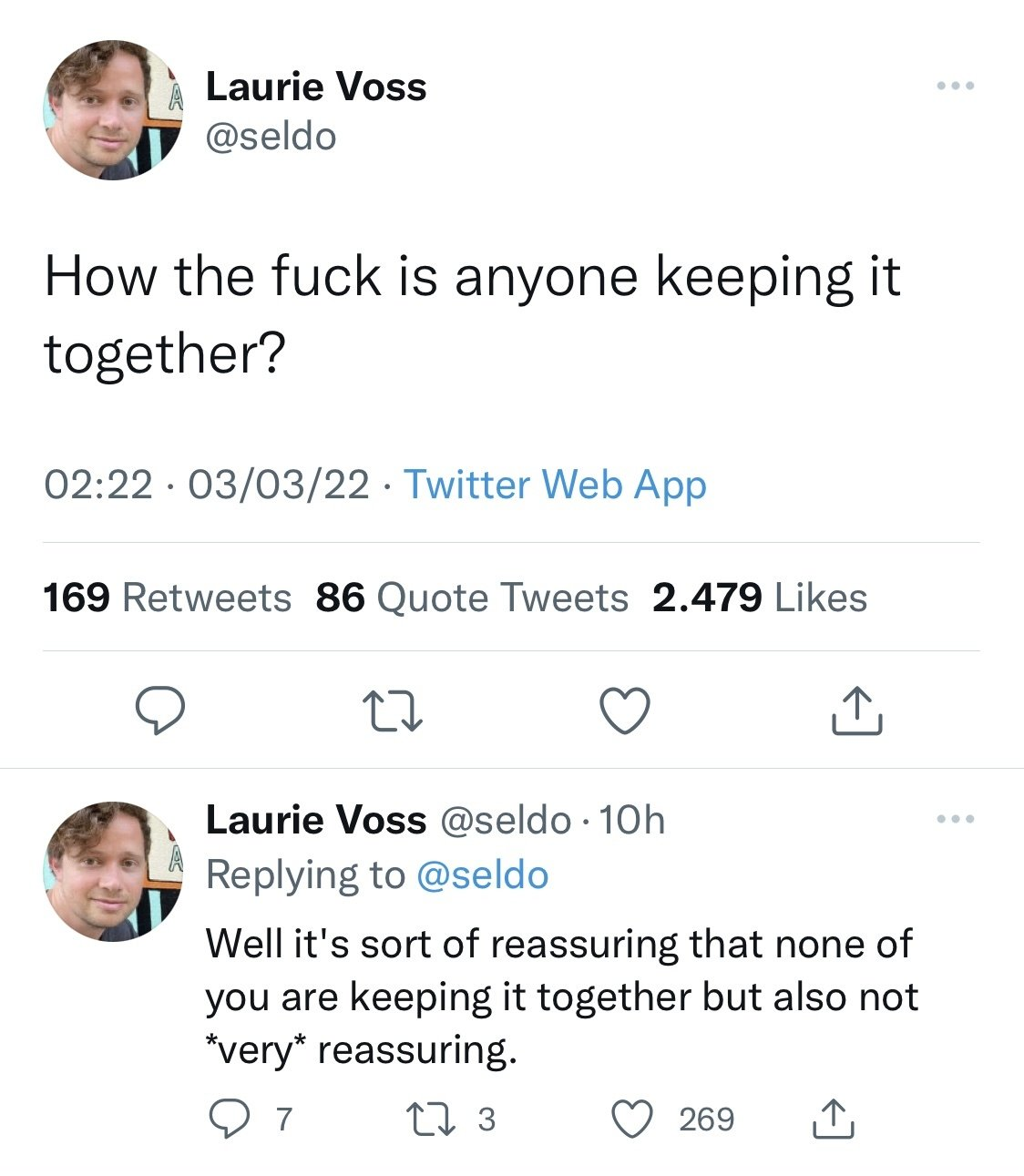
To understand the damage to your organization, consider these numbers - 80 percent of people have said that they feel stress at work. 75 percent of Americans experienced moderate to high stress levels in the past month. Now think about the fact that a stressed employee makes 28% more mistakes. Calculate the enormous damage this does to your day to day, your client relationships, and lost productivity.
Now think that employees showing advanced symptoms of this level of stress are very close to burnout (Kim et al. 2019) Numerous studies show that burnout symptoms lead to an increased number of mistakes on the job.
In one burnout study 56% of participants said that they had made at least 1 mistake with negative consequences.
Finally it is also well documented that employees close to burnout are more likely to partake in counterproductive workplace behaviors, meaning they’re actively looking to sabotage the workplace. You could not only risk losing a valuable employee to burnout, you could be at risk of them taking revenge on the organization without your knowing.
Hopefully I’ve been able to get across the absolute importance, across the board, on making sure that your employees have the necessary skills to be able to emotionally self regulate (or as we call it at Moodally, learn to manage their mood) especially in this very unique moment in time. Your employees may be on an invisible slippery downhill slope that, let’s face it, is going to take the quality of your organizations' work with them
For the time being, I’ve put together a list of behaviors that employees who are suffering the most may be demonstrating in this moment. Of course, one of these behaviors taking place on occasion doesn’t mean there's something wrong. You want to see if there are multiples of these happening on a regular basis and, more importantly, that signal a shift in behavior compared to how they were previously.
If you’re not at least a little emotionally weary right now your heart is not working properly.
— John Pavlovitz (@johnpavlovitz) March 5, 2022
1. DETACHMENT - They tend to isolate more. Perhaps less social, less chatty, or just increasingly more focused on things that don’t involve other people. They get more and more drawn into their own world - even of work.
2. WITHDRAWING FROM CERTAIN CONVERSATIONS - If conversations turn towards topics that are stressful, they can excuse themselves from the conversation, change the topic or just tune out. This is a protection mechanism. Hearing about what is causing them stress is an active trigger and causes them to relive the feelings of trauma.
3. LESS HAPPY, MORE SULLEN - You may notice that someone who had a lighter spirit has become sullen, laughs less, is very serious and focused and really only interested in getting the job done. They have a hard time participating in group fun or just seem relatively detached and uninterested in small talk.
4. INCREASED STATE OF CONFUSION - This is kind of the deer-in-headlights syndrome. It’s the freeze part of the body’s stress response and it involves the brains disassociation for survival. If they seem like they’re having a hard time following directions, understanding dynamics, focusing or connecting the dots, it's because their feeling like they're in a bell jar.
5. POOR MEMORY
- Following on the state of confusion, their memory worsens. Things don’t register or stick. They may be missing appointments and deadlines, forgetting things that were said in meetings, letting projects sit, or just not returning communication. They may not know what day it is or what they were supposed to do. Cognitive impairments like memory and confusion are the brain’s way of protecting itself. It seeks out a safe space.
6. HAIR TRIGGER REACTIONS
- Someone who was even keeled previously may suddenly snap with reactions that are not appropriate to the immediate situation. When they are challenged or feel the situation out of their control, they may become aggressive. This stems from a feeling of being powerless in the situation.
7. INFLEXIBLE ABOUT HOW WORK IS STRUCTURED
- You may find them becoming more rigid about how things need to be done and processes. This is an attempt to establish control over how events unfold, which provides a temporary feeling of safety. As the unknown, or uncertainty, is the active stress trigger, they will seek to program and control as much as possible in order to feel safe.
8. OBSESSION OVER CERTAIN TOPICS ESPECIALLY RELATED TO THE FUTURE - On the flip side you may find them becoming obsessed with the topic that stresses them. They may not be able to talk about anything else, they are actively seeking out new news and updated information. This is done in an effort to feel more in control.
9. UPTICK IN ALCOHOL CONSUMPTION OR RISKY BEHAVIORS - When we have poor coping behaviors and low emotional regulation skills we can default to self-destructive behaviors to make the pain go away and stop the ugly thoughts. Signs of excessive drinking, consistent hangovers, or self-degrading comments that suggest shame around extra-curricular activities can mean that they are numbing the pain in unhealthy ways.
I've just turned off the news and put on a serial killer documentary to relax.
— mariana Z🇺🇦🇺🇦🇺🇦 (@mariana057) March 3, 2022
Further reading and references:
Brand, S., Reimer, T., & Opwis, K. (2007). How do we learn in a negative mood? Effects of a negative mood on transfer and learning. Learning and instruction, 17(1), 1-16.
Brenner, L., Köllner, V., & Bachem, R. (2019). Symptom burden and work-related impairment among patients with PTSD and complex PTSD. European Journal of Psychotraumatology, 10(1), 1694766.
Friedman, M. J., Resick, P. A., Bryant, R. A., Strain, J., Horowitz, M., & Spiegel, D. (2011). Classification of trauma and stressor‐related disorders in DSM‐5. Depression and anxiety, 28(9), 737-749.
Herzog, J.I., Niedtfeld, I., Rausch, S. et al. Increased recruitment of cognitive control in the presence of traumatic stimuli in complex PTSD. Eur Arch Psychiatry Clin Neurosci 269, 147–159 (2019). https://doi.org/10.1007/s00406-017-0822-x
Ibrahim A. Kira, Jakoub Aljakoub, Boshra Al Ibraheem, Hanaa A. M. Shuwiekh & Jeffrey S. Ashby (2022) The Etiology of Complex PTSD in the COVID-19 and Continuous Traumatic Stressors Era: A Test of Competing and Allied Models, Journal of Loss and Trauma, DOI: 10.1080/15325024.2022.2028094
Kim W, Bae M, Chang SJ, et al. Effect of Burnout on Post-traumatic Stress Disorder Symptoms Among Firefighters in Korea: Data From the Firefighter Research on Enhancement of Safety & Health (FRESH). J Prev Med Public Health. 2019;52(6):345-354. doi:10.3961/jpmph.19.116
Kira, I.A., Alpay, E.H., Ayna, Y.E. et al. The effects of COVID-19 continuous traumatic stressors on mental health and cognitive functioning: A case example from Turkey. Curr Psychol (2021). https://doi.org/10.1007/s12144-021-01743-2
LeBlanc, Vicki R. PhD*†‡§; Regehr, Cheryl PhD§∥; Jelley, R Blake PhD#¶; Barath, Irene#¶ Does Posttraumatic Stress Disorder (PTSD) Affect Performance?, The Journal of Nervous and Mental Disease: August 2007 - Volume 195 - Issue 8 - p 701-704 doi: 10.1097/NMD.0b013e31811f4481
Petitta, L., Probst, T. M., Ghezzi, V., & Barbaranelli, C. (2019). Cognitive failures in response to emotional contagion: their effects on workplace accidents. Accident Analysis & Prevention, 125, 165-173.
Zainab, B., Akbar, W., & Thuy Van, J. N. (2020). Effects of Burnout on Employee Creative Performance and Counterproductive Work Behavior: Does Psychological Capital Matter? Paradigms, 14(1), 39+. https://link.gale.com/apps/doc/A636154141/AONE?u=anon~c03265da&sid=googleScholar&xid=1742ff4b
https://www.apa.org/news/press/releases/2021/10/stress-pandemic-decision-making
https://www.harvardpilgrim.org/hapiguide/pandemic-stress-what-are-the-long-term-effects-post-covid/
https://www.mentalhealth.org.uk/statistics/mental-health-statistics-stress
https://www.singlecare.com/blog/news/stress-statistics/
https://www.mayoclinic.org/diseases-conditions/post-traumatic-stress-disorder/symptoms-causes/syc-20355967
https://hbr.org/2016/07/how-your-morning-mood-affects-your-whole-workday
https://journals.lww.com/jonmd/Abstract/2007/08000/Does_Posttraumatic_Stress_Disorder__PTSD__Affect.12.aspx
http://www.gostress.com/stress-facts/
Show employees you care about well-being without taxing time and resources.
